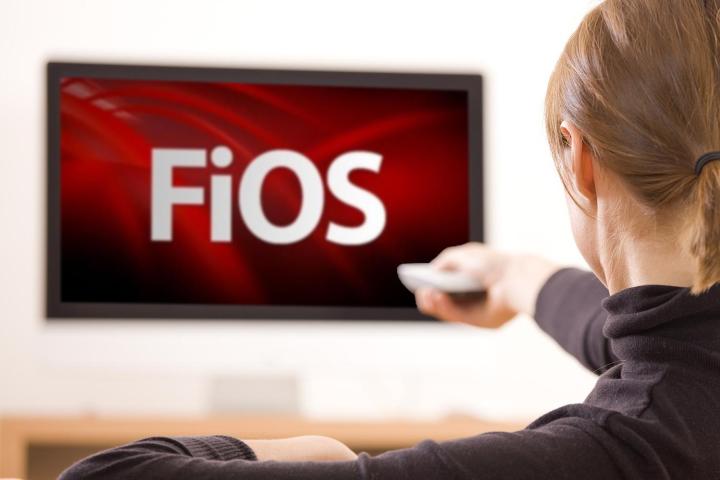
Prior to the launch of the Custom TV service, ESPN said its relegation to a sports package was in violation of its contract, but Verizon didn’t budge, so the network sued. The two companies won’t be heading to court, however, as today ESPN and Verizon announced that they had reached a settlement. The exact terms of the settlement aren’t being shared, and will remain confidential.
“We have a long-standing relationship with Verizon,” said Sean Breen, senior vice president, affiliate sales, Disney and ESPN Media Networks. “We look forward to working with them to provide great content to consumers for years to come.”
When Custom TV launched, customers paid $55 per month for the base package, with two bundles included in the base price, with extras for around $5 per month each. In January of this year, Verizon made changes to Custom TV, offering ESPN and ESPN 2 as part of a $70 bundle, though it said this was due to customer feedback.
This new comes just as Disney is preparing to report its earnings for the first quarter of 2016, as Variety points out, and Verizon might have its own reasons to want to settle quickly. With the announcements last week that both Hulu and YouTube are going to offer their own cable TV replacements in 2017, the company might deem it increasingly important to keep ESPN channels as part of Custom TV.
“ESPN is an important partner of ours,” said Terry Denson, Verizon’s vice president of content strategy and acquisition. “We look forward to further collaborating with them to deliver customers content across all of our platforms.”
Editors' Recommendations
- Disney+, Hulu, ESPN+ get new pricing schemes this fall
- Why you may still be missing ESPN and other Disney-owned channels on YouTube TV
- YouTube TV couldn’t have picked a worse time to lose ESPN
- FuboTV boosts content via Disney deal that licenses ESPN and other channels
- Verizon now lets you mix and match on Fios


